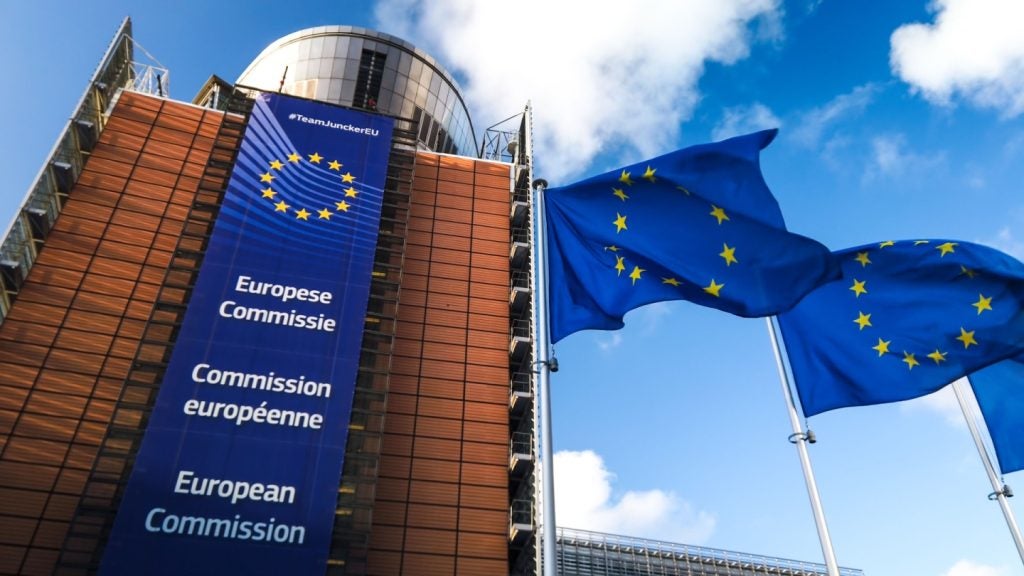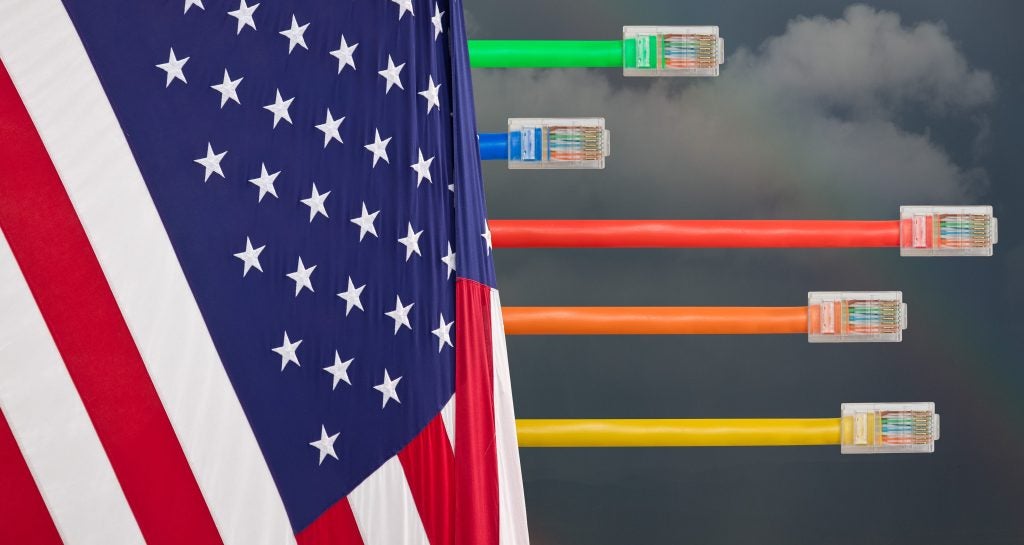
It’s official – again: Across the EU zone, Skype is indeed a communications service provider, and should, therefore, be subject to the same level of regulation as other non-internet based telcos in the area of calling, messaging and other communications service provisions.
Skype VoIP service is subject to telecoms regulation
The debate – over whether Skype is a communications service provider – has been raging for years and this latest ruling by the European Court of Justice (ECJ) will go down in history as an important test case.
The ruling essentially confirms the EU’s earlier-announced telecom code’s definition of apps, such as Skype, as “electronics communications service providers.” This has implications for Internet companies well beyond Microsoft’s Skype alone.
In the early part of this century, scores of so-called Over-The-Top (OTT) calling and messaging service providers – from WhatsApp, Viber and Google Hangouts – have sprung up to offer PC or mobile users an app or web-based calling, video-conferencing and other communications services, typically charging a premium for calls terminated at standard fixed or mobile phone numbers, to a growing and increasingly global audience.
In most cases, the revenues for these premium services provide the freemium-model OTT companies with the lion’s share of their revenue.
The fact that the market for OTT calling has been largely unregulated up until now is a testament to the incumbent industry’s slow response to the technology, which has had a significant impact on the global communications market, and the telco providers that used to dominate them unchallenged.
How well do you really know your competitors?
Access the most comprehensive Company Profiles on the market, powered by GlobalData. Save hours of research. Gain competitive edge.

Thank you!
Your download email will arrive shortly
Not ready to buy yet? Download a free sample
We are confident about the unique quality of our Company Profiles. However, we want you to make the most beneficial decision for your business, so we offer a free sample that you can download by submitting the below form
By GlobalDataThat’s set to change in the EU. Last December, the EU made some sweeping changes to its telecom code, essentially expanding the definition of an “electronic communications provider” to include any provider of so-called “interpersonal communications services”, including messaging and even email services, provided over the Internet from December 2020.
However, this latest ruling – essentially trigged by a Belgian request for clarification around the “electronics communications provider” of paid or premium VoIP app-based calling services to EU customers – could mean that OTTs may have to comply with regulation in Europe earlier than expected. In effect, it will force them to follow the same guidelines to guarantee emergency calls, as well as protecting users’ data privacy, informing national bodies of data breaches and responding to state requests for communications incepts to support national security.
For its own part, Skype had long argued against the notion that its VoIP app service should be regarded as an “electronics communications service” at all. It claimed it only provided the software, not the signal forwarding.
The ECJ confirmed otherwise, using two important criteria.
Firstly, Skype’s premium calling service charges European citizens for calls. Secondly, the company enters into agreements with telecom service providers to terminate those calls on mobile and fixed lines. As such, the company does indeed “assume responsibility” for transmitting the calls, and so the “electronics communications service provider” definition stands.
To be sure, this latest ruling clarification will meet with a positive response from Europe’s incumbent telco providers – many of whom have been arguing for years that their inability to compete with non-regulated OTTs in the same space has hampered their ability to remain competitive.
This particular case is now up for appeal, but has wide-ranging implications for Internet communications providers of all descriptions offering calling, messaging, and even email services, to European customers.








Related Company Profiles
Microsoft Corp